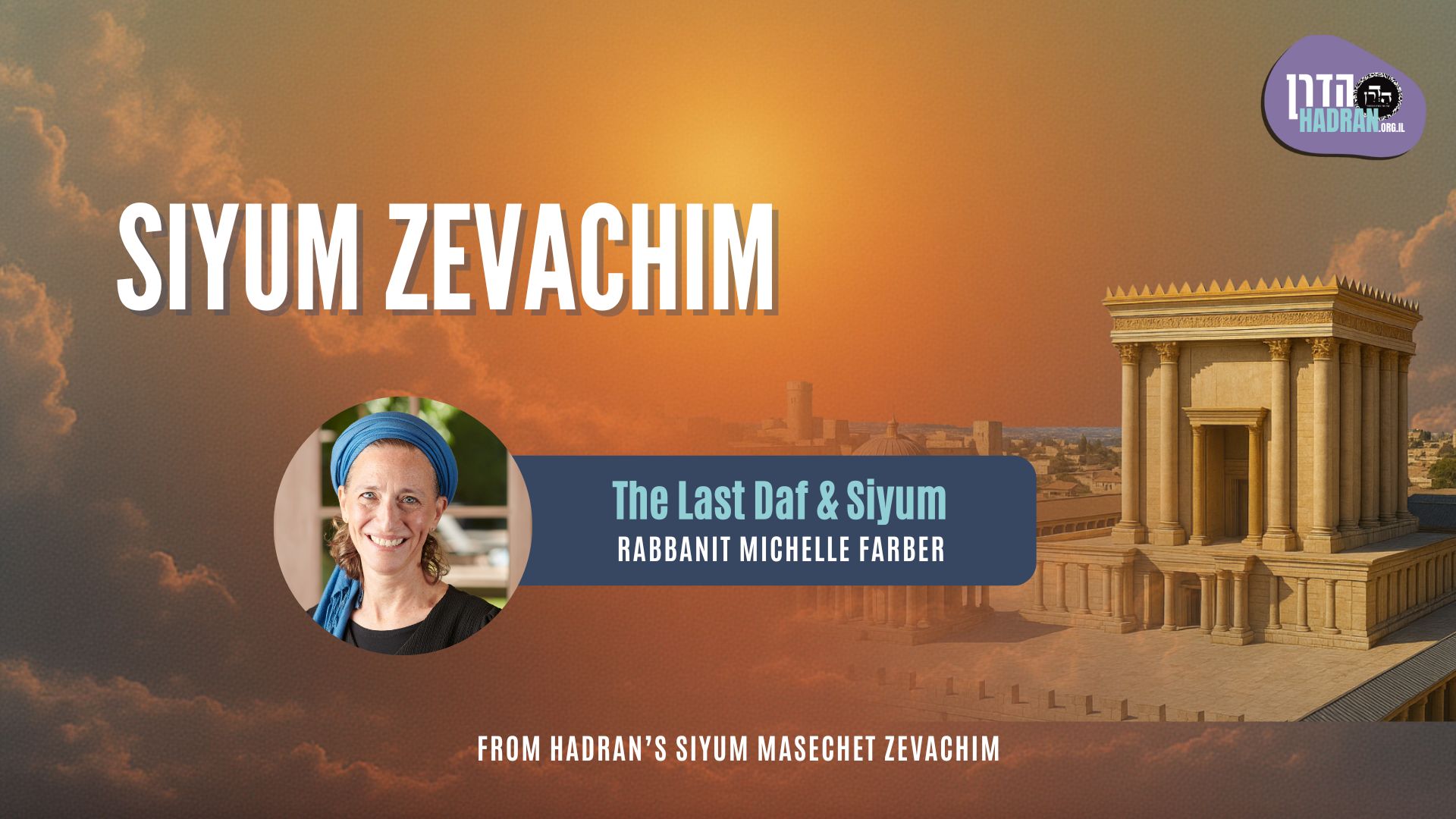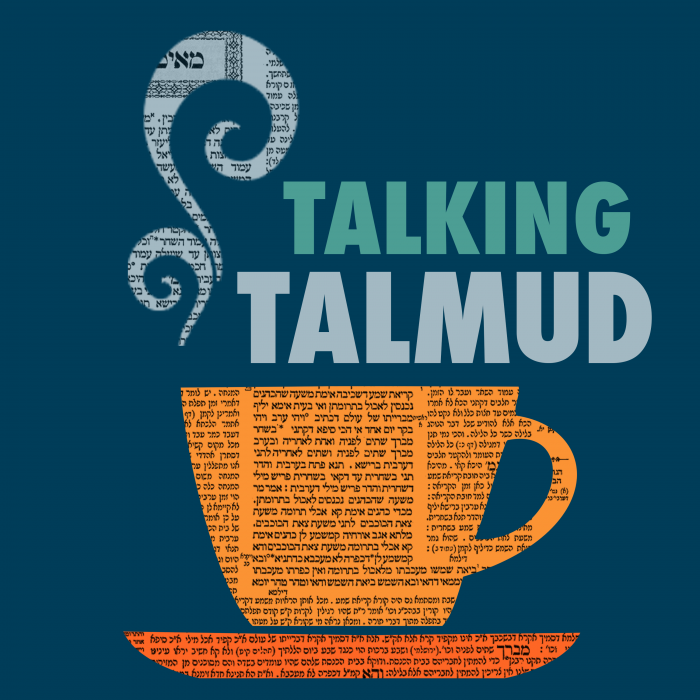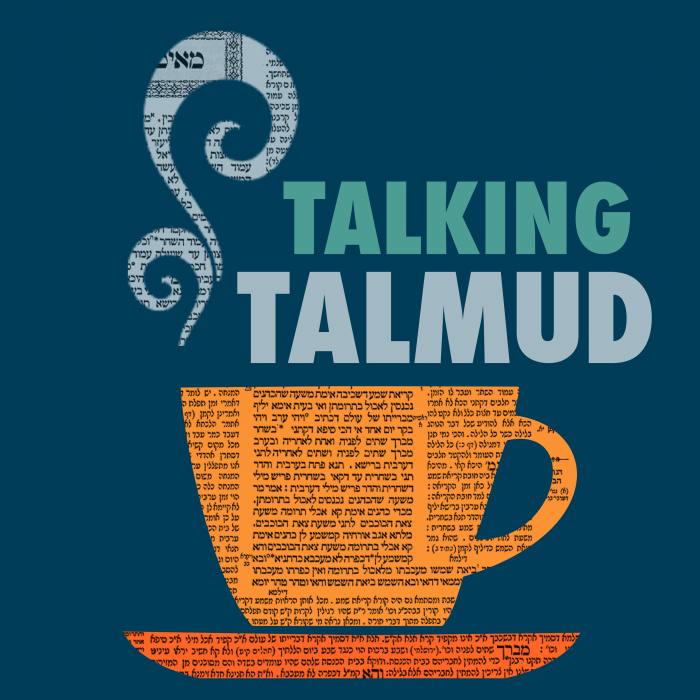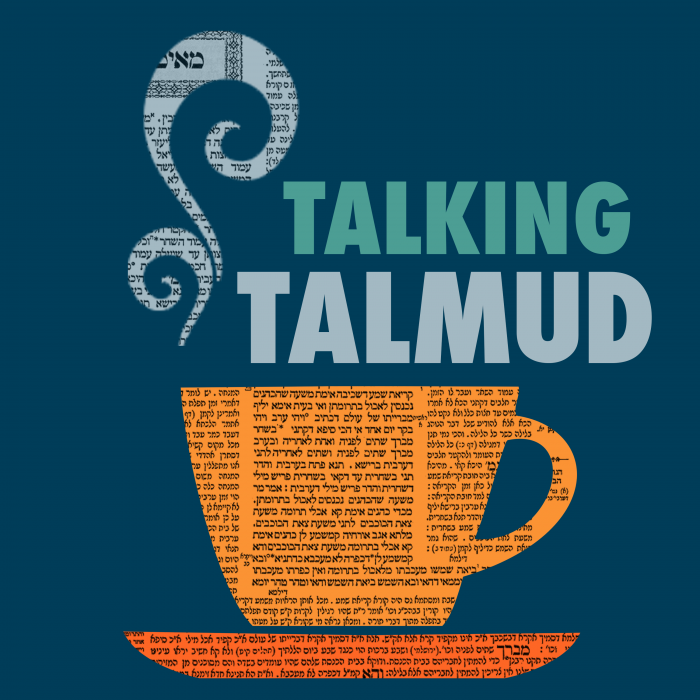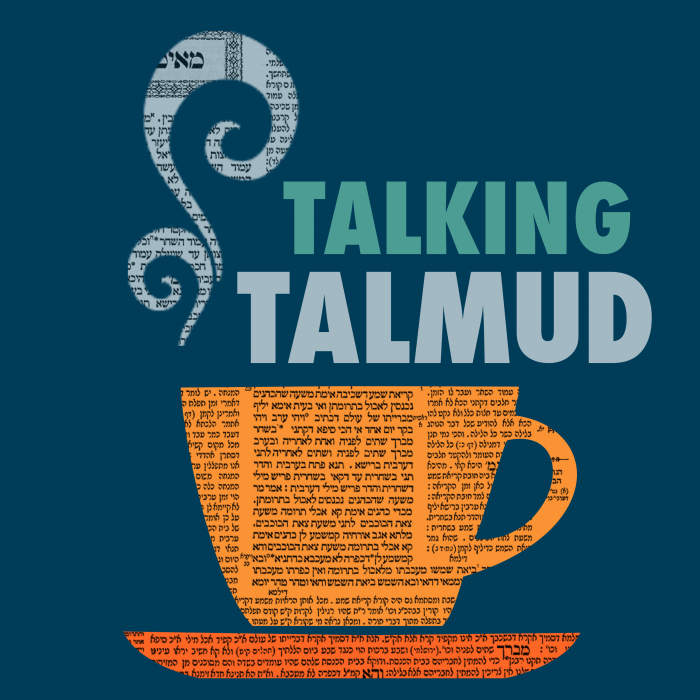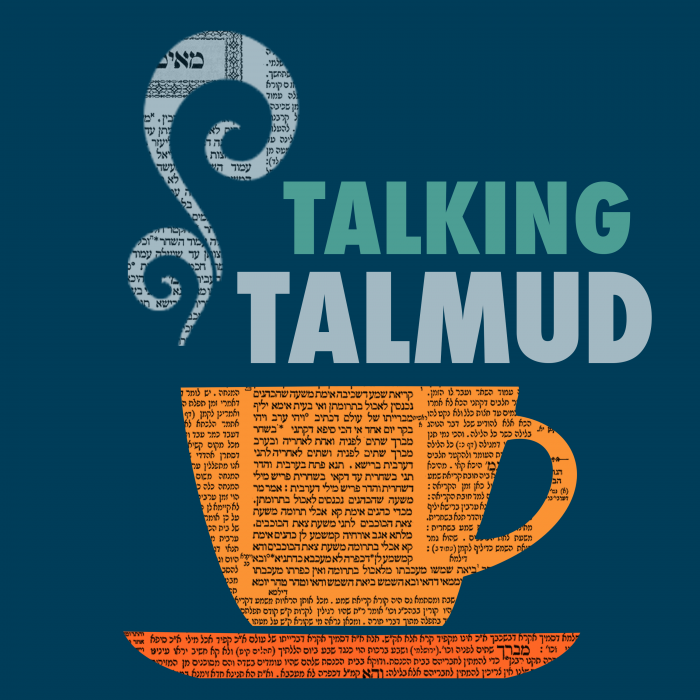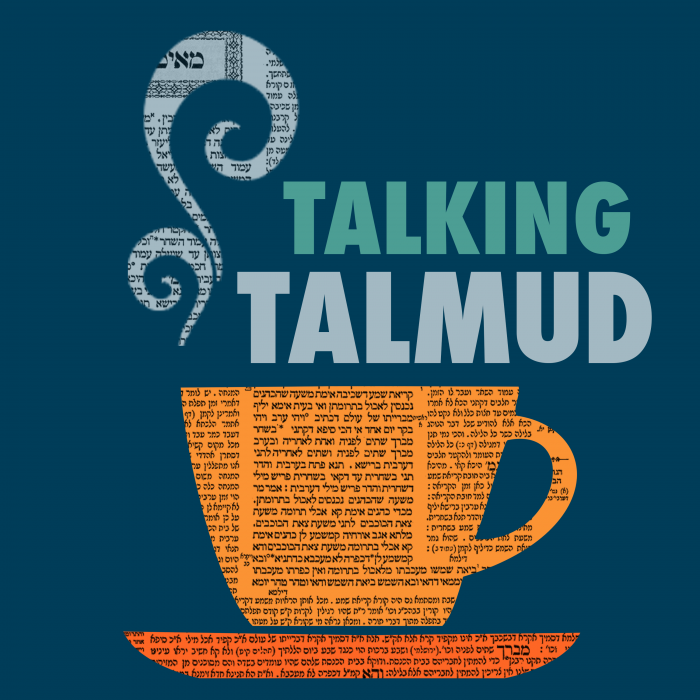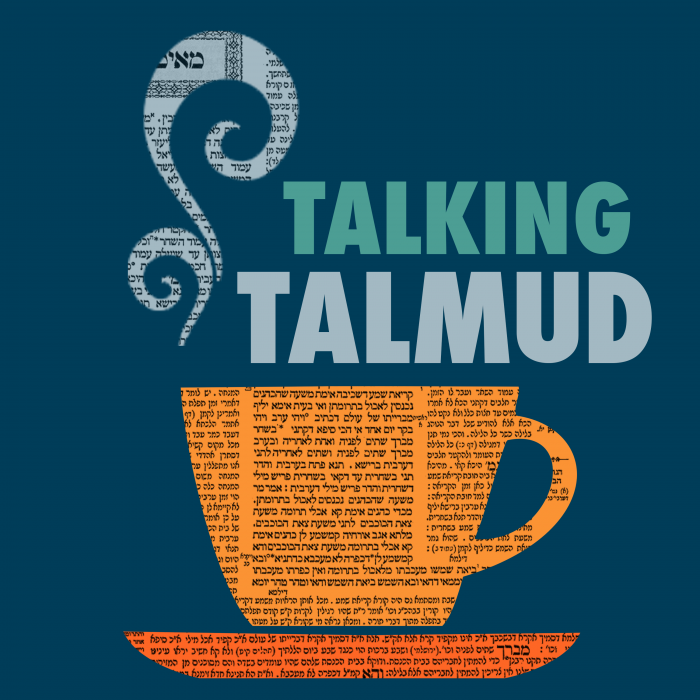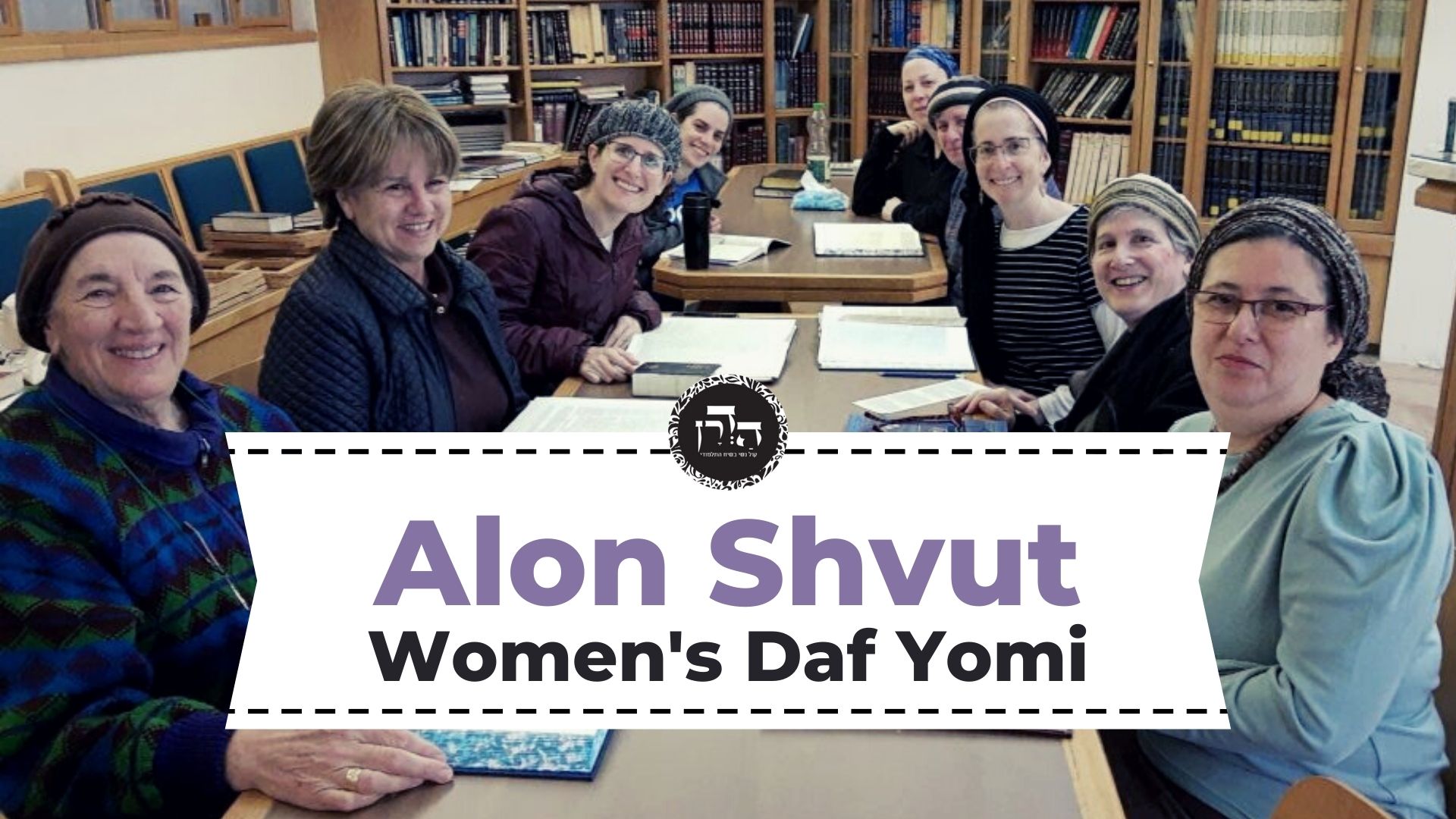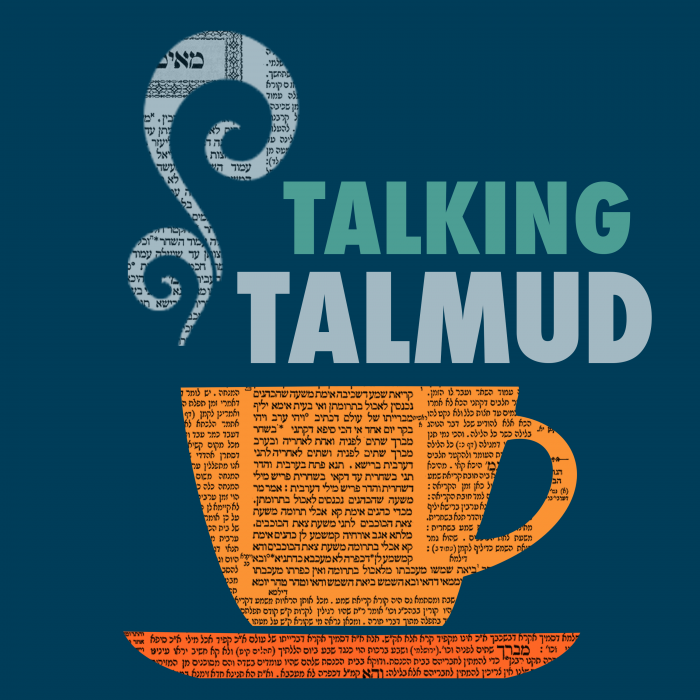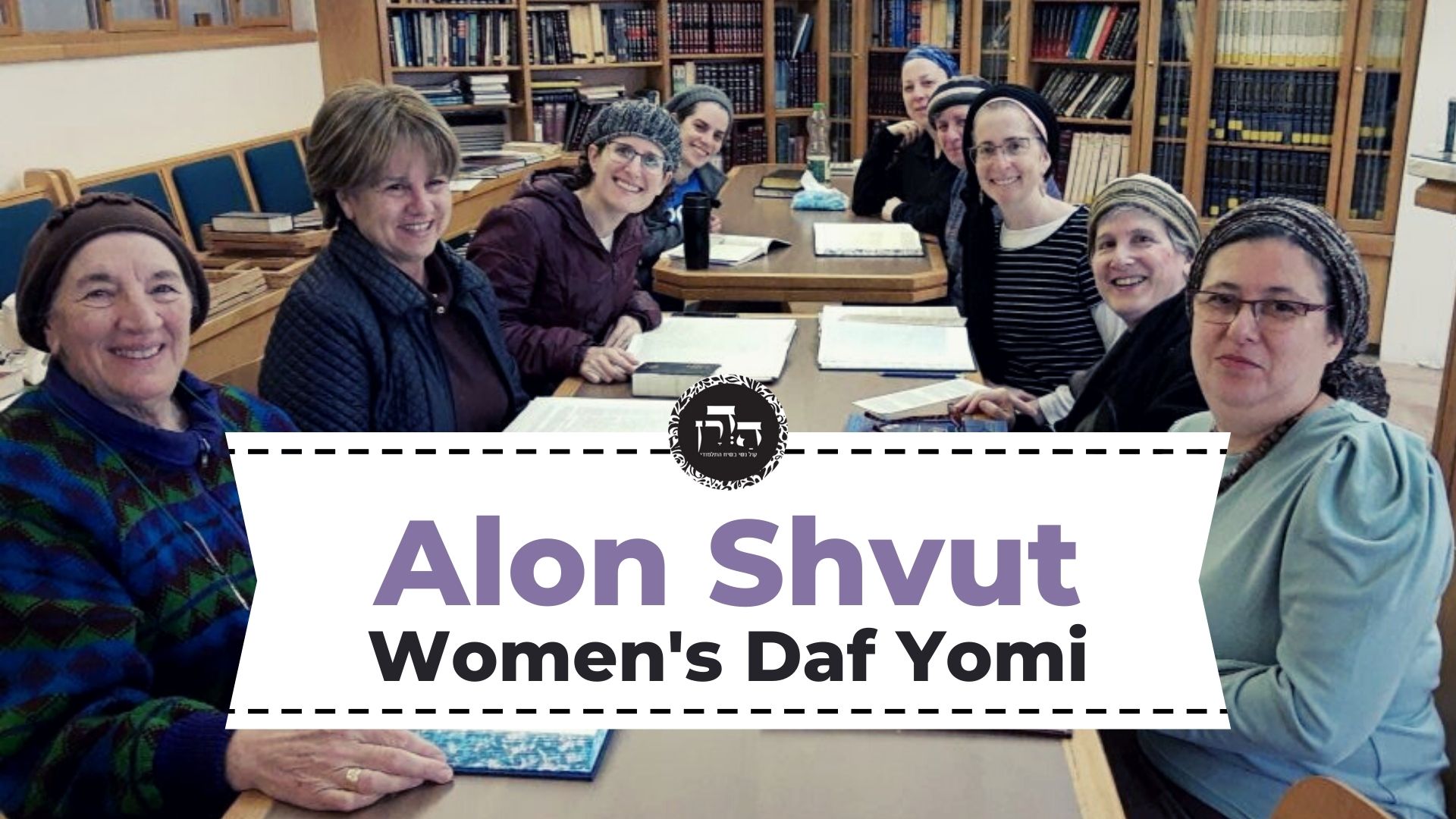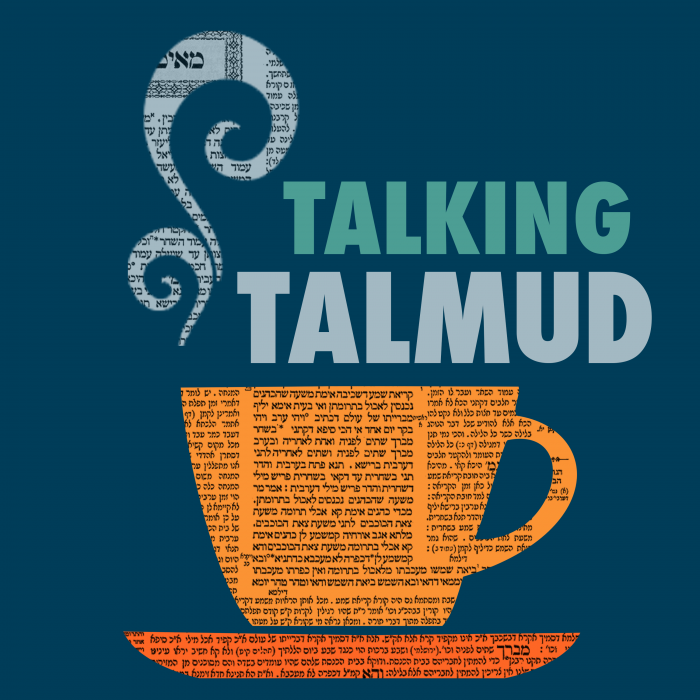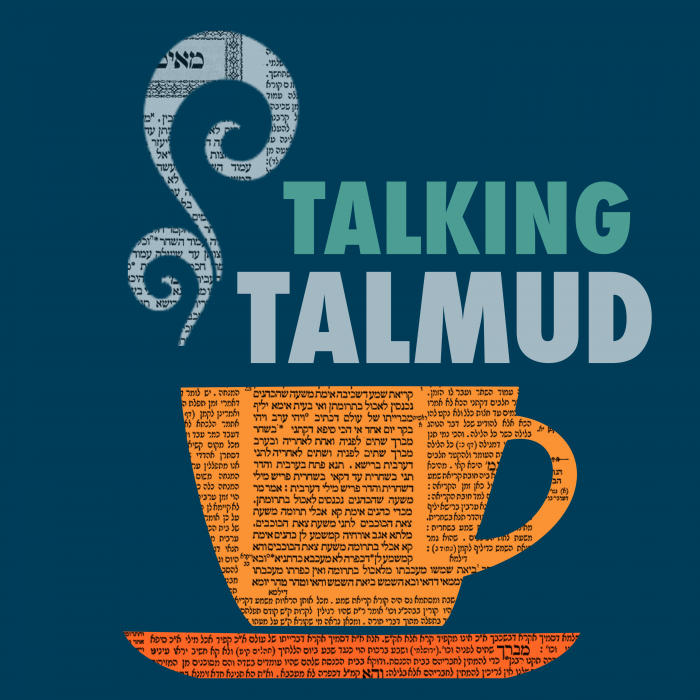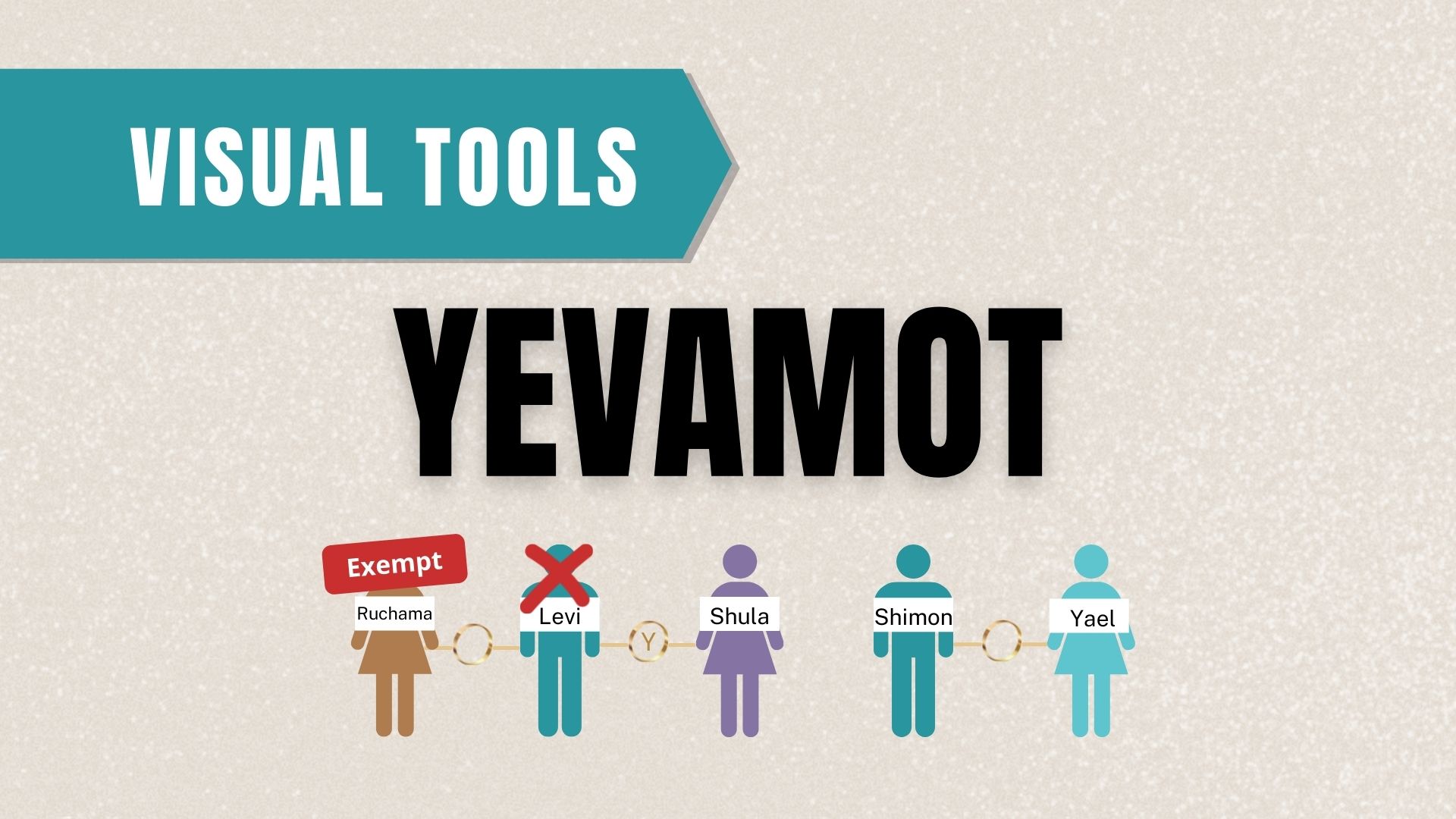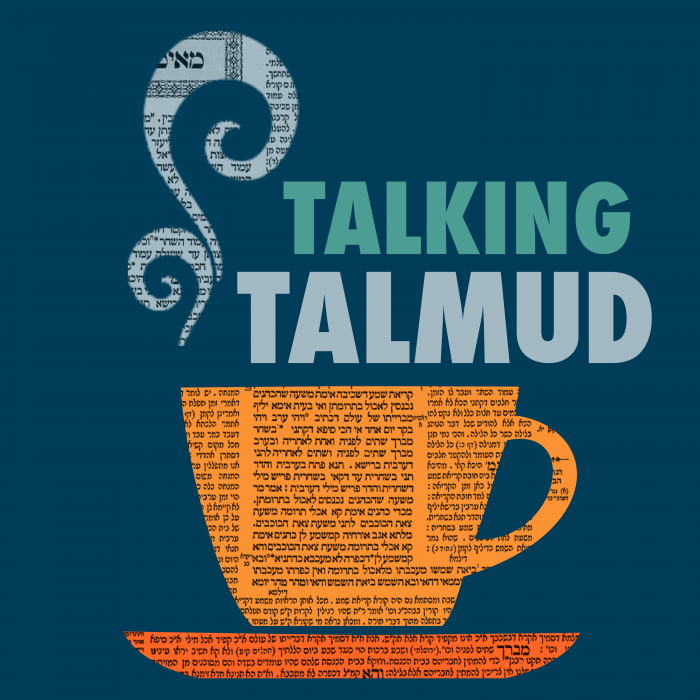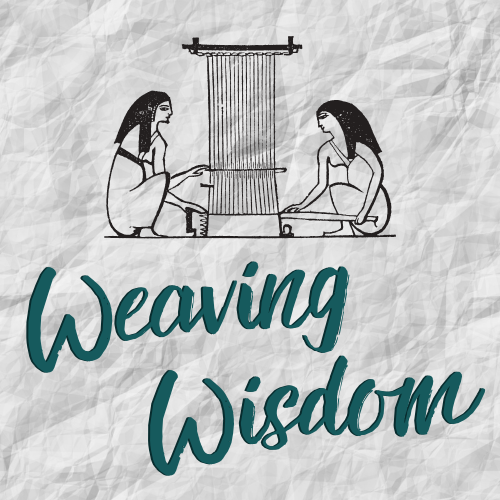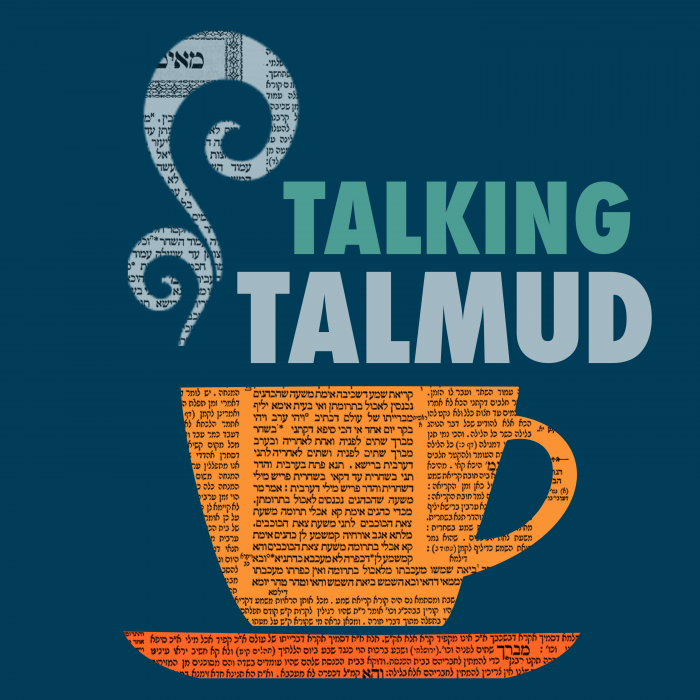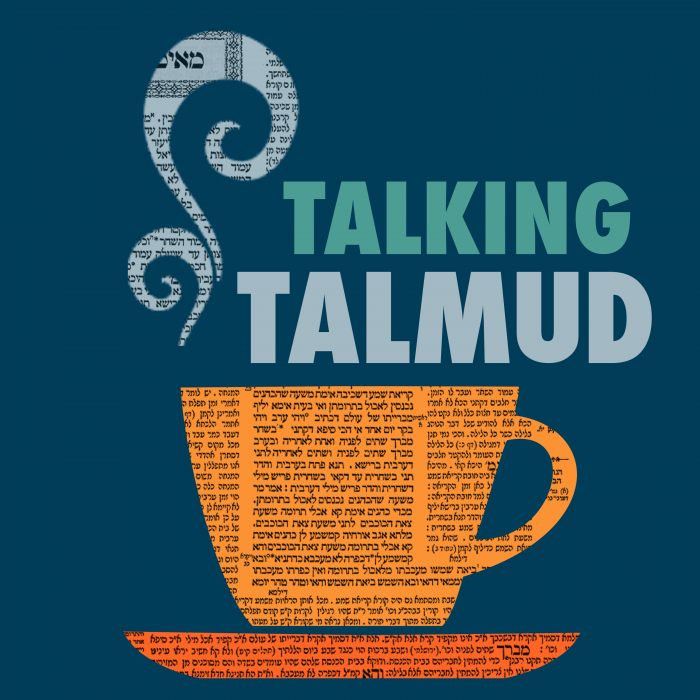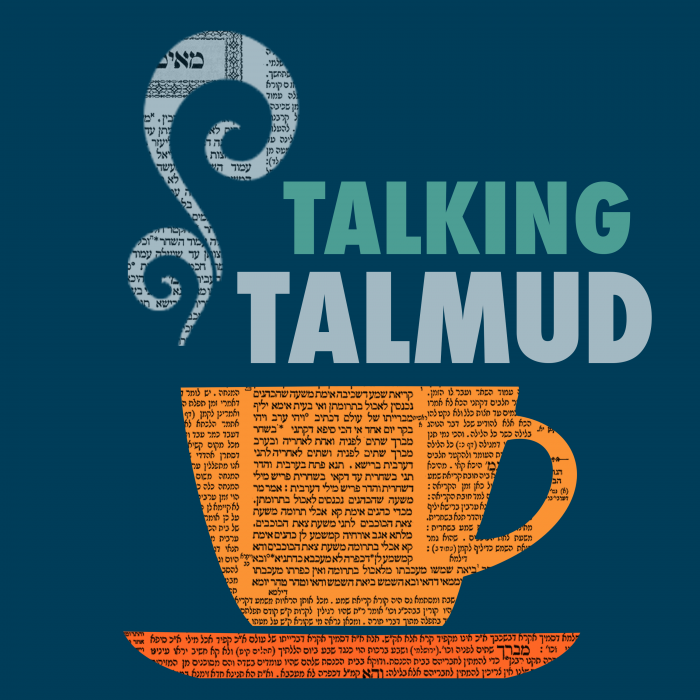One does not receive karet for annointing a non Jew with the annointing oil? Two approaches to non Jews are broguht to explain this – is it because a non Jew is not called “adam” (the word used in the verse) or because he is not part of the prohibition to annoint and therefore not in the prohibition to be annointed. Is there a prohibition to annoint a preist or king after they were already annointed (or exempt from annointing)? What is the amount of oil needed to obligate? If an exception was brought in the mishna where one deosn’t bring a provisional guilt offering, why didn’t the mishna mention one who Yom Kippur already passed which would also exempt one from bringing a provisional guilt offering as Yom Kippur atones? A discussion is raised regarding what, if any, sins Yom Kippur atones if one doesn’t think that Yom Kippur atones. Is there a distinction made between different types of sins? Also regarding a sacrifice – is one’s sacrifice accepted if one says:this sacrifice will not atone for me.” What is the root of the debate between Rabbi Akiva and the Rabbis regarding the obligation to bring a sin offering for one who curses God. What are the two different interpretations about what is a “megadef”? If a woman miscarries there are a range of cases – ones in which she would bring a sin offering and it would be eaten, bring a sin offering but it can’t be eaten, not bring one at all. The misghna discusses all the cases.
This month’s learning is dedicated to the refuah shleima of our dear friend, Phyllis Hecht, גיטל פעשא בת מאשה רחל by all her many friends who love and admire her. Phyllis’ emuna, strength, and positivity are an inspiration.
Want to dedicate learning? Get started here:


Today’s daily daf tools:
This month’s learning is dedicated to the refuah shleima of our dear friend, Phyllis Hecht, גיטל פעשא בת מאשה רחל by all her many friends who love and admire her. Phyllis’ emuna, strength, and positivity are an inspiration.
Today’s daily daf tools:
Delve Deeper
Broaden your understanding of the topics on this daf with classes and podcasts from top women Talmud scholars.
New to Talmud?
Check out our resources designed to help you navigate a page of Talmud – and study at the pace, level and style that fits you.
The Hadran Women’s Tapestry
Meet the diverse women learning Gemara at Hadran and hear their stories.
Keritot 7
בַּת כֹּהֵן שֶׁנִּישֵּׂאת לְיִשְׂרָאֵל, וְאָכְלָה בִּתְרוּמָה – מְשַׁלֶּמֶת אֶת הַקֶּרֶן וְאֵינָהּ מְשַׁלֶּמֶת אֶת הַחוֹמֶשׁ, וּמִיתָתָהּ בִּשְׂרֵיפָה.
With regard to the daughter of a priest who married an Israelite and then unwittingly partook of teruma, she pays the principal, as a thief would, as she partook of teruma to which she owns no rights. But she does not pay the additional one-fifth payment, which is the fine paid by an Israelite who partakes of teruma unwittingly (see Leviticus 22:14). This is because she is not completely disqualified from the priesthood, since if she becomes widowed or divorced without having borne children she will again be permitted to partake of teruma. And if she commits adultery her death penalty is administered by burning, as is the halakha with regard to the daughter of a priest (see Leviticus 21:9).
נִיסֵּת לְאֶחָד מִן הַפְּסוּלִין – מְשַׁלֶּמֶת קֶרֶן וָחוֹמֶשׁ, וּמִיתָתָהּ בְּחֶנֶק, דִּבְרֵי רַבִּי מֵאִיר.
By contrast, if she married one of those who are unfit for her to marry due to his lineage, thereby disqualifying herself from the priesthood for the future, she pays the principal and the additional one-fifth payment, and her death is by strangulation, as is the halakha with regard to Israelite women. This is the statement of Rabbi Meir.
וַחֲכָמִים אוֹמְרִים: אַחַת זוֹ וְאַחַת זוֹ מְשַׁלֶּמֶת [אֶת] הַקֶּרֶן וְאֵינָהּ מְשַׁלֶּמֶת [אֶת] הַחוֹמֶשׁ, וּמִיתָתָהּ בִּשְׂרֵיפָה.
And the Rabbis say: In both this case and that case, whether she was married to an Israelite or to one unfit for her to marry, she pays the principal but she does not pay the additional one-fifth payment, and her death is by burning, as she previously had the status of a daughter of the priesthood. This opinion of the Rabbis is presumably that of Rabbi Yehuda, who is usually the disputant of Rabbi Meir. As explained with regard to the anointing of a king, Rabbi Yehuda requires that the individual in question must have the status of a stranger, i.e., not a High Priest or a king, from beginning to end.
אָמַר רַב יוֹסֵף: מַחְלוֹקֶת בִּנְתִינַת שֶׁמֶן הַמִּשְׁחָה וּבְשִׁינּוּיֵי דְּשַׁנִּינַן, אֲבָל נְתִינָה דְּעָלְמָא – דִּבְרֵי הַכֹּל כְּזַיִת.
Rav Yosef said the dispute between Rabbi Meir and Rabbi Yehuda applies to the placing of the anointing oil, and it is explained by those answers that we answered earlier, that according to Rabbi Meir one is liable for the placing of any amount, as the verse uses an expression of applying, whereas according to Rabbi Yehuda one is liable only if one places oil that is the volume of an olive-bulk. But with regard to placing in general, e.g., the prohibition not to place frankincense on the meal offering of a sinner (see Leviticus 5:11), everyone agrees one is liable for placing only the volume of an olive-bulk.
גּוּפָא. תָּנֵי תַּנָּא קַמֵּיהּ דְּרַבִּי אֶלְעָזָר: כֹּל שֶׁיֶּשְׁנוֹ בְּסָךְ – יֶשְׁנוֹ בְּבַל יִיסָךְ, וְכׇל שֶׁאֵינוֹ בְּסָךְ – אֵינוֹ בְּבַל יִיסָךְ. אֲמַר לֵיהּ: שַׁפִּיר קָאָמְרַתְּ, ״לֹא יִיסָךְ״ כְּתִיב, וּקְרִי בֵּיהּ ״לֹא יַסִּיךְ״.
The Gemara discusses the matter itself: A tanna teaches a baraita before Rabbi Elazar: Anyone included in the obligation not to apply anointing oil to himself or others is likewise included as the object of: It shall not be applied, i.e., it is prohibited to apply the oil to him. And anyone not included in the obligation not to apply anointing oil to himself or others is not included as the object of: It shall not be applied. Rabbi Elazar said to that tanna: You are saying well, as it is written: “Upon the flesh of a person it shall not be applied [lo yisakh]” (Exodus 30:32), and you read into the verse: Lo yasikh, he shall not apply it to others. This dual reading indicates that one who is commanded not to apply the oil is the same as the one upon whom it is prohibited to apply the oil, as stated by the tanna.
תָּנֵי רַב חֲנַנְיָה קַמֵּיהּ דְּרָבָא: מִנַּיִן לְכֹהֵן גָּדוֹל שֶׁנָּטַל מִשֶּׁמֶן הַמִּשְׁחָה שֶׁעַל רֹאשׁוֹ וְנָתַן עַל בְּנֵי מֵעָיו, מִנַּיִן שֶׁהוּא חַיָּיב? שֶׁנֶּאֱמַר: ״עַל בְּשַׂר אָדָם לֹא יִיסָךְ״. אֲמַר לֵיהּ רַב אַחָא בְּרֵיהּ דְּרָבָא לְרַב אָשֵׁי: מַאי שְׁנָא מֵהָא דְּתַנְיָא: כֹּהֵן שֶׁסָּךְ בְּשֶׁמֶן שֶׁל תְּרוּמָה, בֶּן בִּתּוֹ יִשְׂרָאֵל מִתְעַגֵּל בּוֹ וְאֵינוֹ חוֹשֵׁשׁ?
§ Rav Ḥananya taught a halakha before Rava: From where is it derived with regard to a High Priest who took from the anointing oil that is on his head and placed it on his stomach; from where is it derived that he is liable? It is derived from a verse, as it is stated: “Upon the flesh of a person it shall not be applied” (Exodus 30:32). Rav Aḥa, son of Rava, said to Rav Ashi: What is different between this case and that which is taught in a baraita: In the case of a priest who applied teruma oil to himself, the Israelite son of his daughter may rub against [mitaggel] this oil without concern that he might be deriving benefit from teruma?
אֲמַר לֵיהּ: הָתָם, ״וּמֵתוּ בוֹ כִּי יְחַלְּלֻהוּ״ כְּתִיב – כֵּיוָן דְּחַלְּלֵיהּ הָא אִיתַּחַיל, אֲבָל גַּבֵּי שֶׁמֶן הַמִּשְׁחָה כְּתִיב: ״כִּי נֵזֶר [שֶׁמֶן מִשְׁחַת] אֱלֹהָיו עָלָיו״ – ״שֶׁמֶן מִשְׁחָה״ קַרְיֵיהּ רַחֲמָנָא, דְּאַף עַל גַּב דְּאִיתֵיהּ עָלָיו לָא אִיתַּחַיל.
Rav Ashi said to him: There, with regard to teruma oil, it is written: “They will die through it if they profane it” (Leviticus 22:9), and since the priest has already profaned the oil by using it, it is considered profaned. But with regard to the anointing oil it is written: “For the consecration of the anointing oil of His God is upon him” (Leviticus 21:12). The Merciful One calls it anointing oil even at this stage, to teach that even though it is upon the High Priest it is not considered profaned, and instead remains sacred.
עַל אֵלּוּ חַיָּיבִין עַל זְדוֹנוֹ כּוּ׳. קָתָנֵי: חוּץ מִמְּטַמֵּא מִקְדָּשׁ וְקָדָשָׁיו. מִמַּאי מַפֵּיק לֵיהּ? הָכִי קָתָנֵי: חוּץ מִמִּטַּמֵּא מִקְדָּשׁ וְקָדָשָׁיו, שֶׁאֵין מֵבִיא אָשָׁם תָּלוּי.
§ The mishna teaches: For any of these prohibitions, one is liable to receive karet for its intentional violation and to bring a sin offering for its unwitting violation. And for violation in a case where it is unknown to him whether he transgressed, he is liable to bring a provisional guilt offering. The Gemara notes that the mishna further teaches: This is the halakha for all the transgressions listed above except for one who defiles the Temple, i.e., he enters the Temple while ritually impure or renders its consecrated items ritually impure. The Gemara asks: From what halakha does the tanna exclude these cases? After all, one who enters the Temple while impure or renders its consecrated items impure is also liable to receive karet. The Gemara answers: This is what the mishna is teaching: Except for one who defiles the Temple or renders its consecrated items ritually impure, as he does not bring a provisional guilt offering.
וְנִיתְנֵי נָמֵי: חוּץ מִמִּי שֶׁעָבַר עָלָיו יוֹם הַכִּיפּוּרִים, שֶׁאֵין מֵבִיא אָשָׁם תָּלוּי! אָמַר רֵישׁ לָקִישׁ: כִּי קָתָנֵי, הֵיכָא דְּאִיתֵיהּ לַחֲטָאֵהּ וְרַחֲמָנָא פַּטְרֵיהּ. עָבַר עָלָיו יוֹם הַכִּיפּוּרִים לֵיתֵיהּ לַחֲטָאֵהּ, דְּקָא כַפַּר לֵיהּ.
The Gemara suggests: And let the mishna also teach: Except for one who sinned and Yom Kippur passed, as he too does not bring a provisional guilt offering. Reish Lakish said: When the tanna teaches these exceptions he is referring to those cases where there is a sin and nevertheless the Merciful One exempts him from bringing a provisional guilt offering. By contrast, in a case where Yom Kippur passed, there is no remaining sin, as Yom Kippur atoned for him, i.e., for his sin.
רַבִּי יוֹחָנָן אָמַר: בִּמְבַעֵט, דְּקָאָמַר: אֵין יוֹם הַכִּפּוּרִים מְכַפֵּר, דְּאִי הָדַר בֵּיהּ בָּתַר יוֹם הַכִּיפּוּרִים, בָּעֵי לְאֵיתוֹיֵי אָשָׁם תָּלוּי. וְרֵישׁ לָקִישׁ סָבַר: מְבַעֵט נָמֵי מְכַפַּר עֲלֵיהּ יוֹם הַכִּיפּוּרִים.
Rabbi Yoḥanan said: The mishna is referring to one who rejects the atonement of Yom Kippur, who says: Yom Kippur does not atone for one’s sins. In this situation Yom Kippur does not atone for him, which means that if he retracted from his sinful ways after Yom Kippur he is required to bring a provisional guilt offering. Therefore, it cannot be listed in the exceptions stated in the mishna. The Gemara notes: And Reish Lakish does not explain the mishna in this manner, as he maintains that even with regard to one who rejects its atonement, Yom Kippur atones for his sins.
וּבִפְלוּגְתָּא: הָאוֹמֵר: ״לֹא יִתְכַּפֵּר לִי חַטָּאתִי״, אַבָּיֵי אָמַר: אֵינָהּ מְכַפֶּרֶת, רָבָא אָמַר: מְכַפֶּרֶת. הֵיכָא דְּאָמַר: ״לֹא תִּיקְרַב״ – דְּכוּלֵּי עָלְמָא לָא פְּלִיגִי דְּלָא מְכַפְּרָה, דִּכְתִיב: ״יַקְרִיב אוֹתוֹ״ – לִרְצוֹנוֹ. כִּי פְּלִיגִי, דְּאָמַר: ״תִּיקְרַב וְלֹא תְּכַפֵּר״, אַבָּיֵי אָמַר: אֵין מְכַפֶּרֶת, דְּהָא אָמַר לֹא תְּכַפֵּר. רָבָא אָמַר: מְכַפֶּרֶת, כֵּיוָן דְּאָמַר תִּיקְרַב – כַּפָּרָה מִמֵּילָא (אָתֵי).
The Gemara notes: And their dispute is with regard to the issue that is the subject of the dispute between later amora’im: Concerning one who says: My sin offering, which is sacrificed for me, should not atone for me, Abaye said: This sin offering does not atone for him. Rava said: It atones for him. The Gemara explains: In a case where he said: I do not want it to be sacrificed, everyone agrees that it does not atone for him, as it is written: “He shall bring it in accordance with his will” (Leviticus 1:3), which indicates that if the offering is brought against his will it is not effective. Where they disagree is when he says: The sin offering should be sacrificed but it should not atone for me. Abaye said: It does not atone for him, as he said that it should not atone for him. Rava said: It does atone for him, as once he says it should be sacrificed, the atonement comes by itself.
וַהֲדַר בֵּיהּ רָבָא, כִּדְתַנְיָא: יָכוֹל יְהֵא יוֹם הַכִּיפּוּרִים מְכַפֵּר עַל שָׁבִין וְעַל שֶׁאֵין שָׁבִין? וְדִין הוּא, וּמָה חַטָּאת וְאָשָׁם מְכַפְּרִין וְיוֹם הַכִּפּוּרִים מְכַפֵּר, מָה חַטָּאת וְאָשָׁם אֵין מְכַפְּרִין אֶלָּא עַל הַשָּׁבִין אַף יוֹם הַכִּפּוּרִים אֵין מְכַפֵּר אֶלָּא עַל הַשָּׁבִין!
The Gemara notes: And Rava retracted his opinion, as it is taught in a baraita: One might have thought that Yom Kippur atones for those who repent and for those who do not repent. The baraita elaborates: And there is a logical inference to negate this assertion: Just as a sin offering and a guilt offering atone, and likewise Yom Kippur atones, just as a sin offering and a guilt offering atone only for those who repent, so too, Yom Kippur atones only for those who repent.
לֹא, אִם אָמַרְתָּ בְּחַטָּאת וְאָשָׁם, שֶׁאֵין מְכַפְּרִין עַל הַמֵּזִיד כַּשּׁוֹגֵג, תֹּאמַר בְּיוֹם הַכִּפּוּרִים, שֶׁמְּכַפֵּר עַל הַמֵּזִיד כַּשּׁוֹגֵג. וְהוֹאִיל וּמְכַפֵּר עַל הַמֵּזִיד כַּשּׁוֹגֵג, מְכַפֵּר עַל שָׁבִין וְעַל שֶׁאֵין שָׁבִין! תַּלְמוּד לוֹמַר: ״אַךְ״, חָלַק.
The baraita rejects this opinion: No, if you said this is the halakha with regard to a sin offering and a guilt offering, which do not atone for intentional sins as they do for unwitting sins, shall you also say that this is the halakha with regard to Yom Kippur, which does atone for intentional sins as it does for unwitting sins? Yom Kippur effects atonement even in cases where offerings do not. And since it is the case that the atonement of Yom Kippur is far-reaching in that it atones for intentional sins as it does for unwitting sins, it follows that it may atone both for those who repent and for those who do not repent. To dispel this notion, the verse states: “Yet on the tenth day of this month it is Yom Kippur” (Leviticus 23:27). By means of the word “yet,” the verse divided and limited the atonement of Yom Kippur so that it atones only for those who repent. This concludes the baraita.
מַאי ״שָׁבִין״ וְ״שֶׁאֵין שָׁבִין״? אִלֵּימָא ״שָׁבִין״ – שׁוֹגֵג, ״לֹא שָׁבִין״ – מֵזִיד, הָא קָתָנֵי: לֹא אִם אָמַרְתָּ בְּחַטָּאת וְאָשָׁם כּוּ׳!
The Gemara analyzes this baraita. What is the meaning of: Those who repent and those who do not repent? Shall we say those who repent are those whose transgressions were unwitting, whereas those who do not repent are those whose transgressions were intentional? This cannot be the case, as the baraita teaches: No, if you said this is the halakha with regard to a sin offering and a guilt offering, which do not atone for intentional sins as they do for unwitting sins. Since the baraita is referring to the concepts of intentional and unwitting sins in this clause, the categories of those who repent and do not repent must have another meaning.
אֶלָּא, כִּי הָא דְּעוּלָּא אָמַר רַבִּי יוֹחָנָן: אָכַל חֵלֶב וְהִפְרִישׁ קׇרְבָּן, וְנִשְׁתַּמֵּד וְחָזַר בּוֹ, הוֹאִיל וְנִדְחָה – יִדָּחֶה.
Rather, the category of those who do not repent is like that which Ulla says that Rabbi Yoḥanan says: If one unwittingly ate forbidden fat and separated an offering for this sin, and became an apostate and subsequently retracted his apostasy, nevertheless, since the offering was rejected from being sacrificed while he was an apostate, it shall remain rejected. Accordingly, the baraita is suggesting that the same applies to one who became an apostate and Yom Kippur passed: Even if he retracts his apostasy, the following Yom Kippur should not atone for his transgression.
נְהִי דְּאִידְּחִי קׇרְבָּן, גַּבְרָא בַּר כַּפָּרָה הוּא! אֶלָּא ״שָׁבִין״ – דְּאָמַר: ״יְכַפֵּר עָלַי חַטָּאתִי״, ״שֶׁאֵין שָׁבִין״ – דְּאָמַר: ״לֹא תְּכַפֵּר עָלַי חַטָּאתִי״, שְׁמַע מִינַּהּ:
The Gemara rejects this interpretation: Granted, the offering is rejected from the altar, and therefore it cannot be sacrificed at a later stage. But the man himself is fit for atonement, and he can bring another sin offering. The Gemara suggests another interpretation of the baraita: Rather, it must be that the category of those who repent is referring to one who says: My sin offering should atone for me, and the category of those who do not repent is referring to one who says: My sin offering should not atone for me. The Gemara comments: Conclude from the baraita that a sin offering does not atone for one who states beforehand: My sin offering should not atone for me, in contradiction of the earlier statement of Rava. Since Rava was aware of this baraita, he must have retracted his opinion.
וּרְמִינְהִי: יָכוֹל לֹא יְהֵא יוֹם הַכִּפּוּרִים מְכַפֵּר אֶלָּא עַל שֶׁנִּתְעַנָּה בּוֹ וְלֹא עָשָׂה בּוֹ מְלָאכָה וּקְרָאוֹ מִקְרָא קוֹדֶשׁ, לֹא נִתְעַנָּה בּוֹ וְעָשָׂה בּוֹ מְלָאכָה וְלֹא קְרָאוֹ מִקְרָא קוֹדֶשׁ יָכוֹל לֹא יְהֵא יוֹם כִּיפּוּרִים מְכַפֵּר? תַּלְמוּד לוֹמַר: ״יוֹם הַכִּפּוּרִים הוּא״, מִכׇּל מָקוֹם. וְתַרְוַיְיהוּ סְתָם סִיפְרָא הוּא, קַשְׁיָין אַהֲדָדֵי!
The Gemara continues its analysis of this baraita by comparing it to another baraita. And the Sages raise a contradiction: One might have thought that Yom Kippur shall atone only for one who fasted on it and did not perform labor on it and declared it a holy convocation. With regard to one who did not fast on it, or performed labor on it, or did not declare it a holy convocation, one might have thought that Yom Kippur shall not atone for him. To counter this the verse states: “Yet on the tenth day of this seventh month it is Yom Kippur” (Leviticus 23:27); the additional emphasis of “it is” serves to teach that the day atones in any case. The ruling of this baraita disputes the one cited earlier, which states that Yom Kippur atones only for those who repent, and both are unattributed baraitot in the Sifra. They are difficult, as they contradict each other.
אָמַר אַבָּיֵי, לָא קַשְׁיָא: הָא – רַבִּי אַלִּיבָּא דְּרַבִּי יְהוּדָה, הָא – רַבִּי אַלִּיבָּא דִּידֵיהּ, דְּתַנְיָא: רַבִּי אוֹמֵר: כׇּל עֲבֵירוֹת שֶׁבַּתּוֹרָה, בֵּין עָשָׂה תְּשׁוּבָה וּבֵין לֹא עָשָׂה תְּשׁוּבָה – יוֹם הַכִּפּוּרִים מְכַפֵּר,
Abaye said: This is not difficult. This first baraita is the opinion of Rabbi Yehuda HaNasi in accordance with the opinion of Rabbi Yehuda, and that second baraita is the opinion of Rabbi Yehuda HaNasi in accordance with his own opinion. As it is taught in a baraita that Rabbi Yehuda HaNasi says: For all transgressions that are stated in the Torah, whether one repented or whether one did not repent, Yom Kippur atones.
חוּץ מִפּוֹרֵק עוֹל, וּמְגַלֶּה פָּנִים בַּתּוֹרָה, וּמֵפֵר בְּרִית בָּשָׂר, שֶׁאִם עָשָׂה תְּשׁוּבָה – יוֹם הַכִּפּוּרִים מְכַפֵּר, וְאִם לָאו – אֵין יוֹם הַכִּפּוּרִים מְכַפֵּר.
Rabbi Yehuda HaNasi continues: This is the halakha except for one who divests himself of the yoke of God, by denying His existence, and one who impudently reveals facets of the Torah in a manner that departs from their true meaning, and one who nullifies the covenant of the flesh, i.e., circumcision. With regard to these, if one repented, Yom Kippur atones, and if not, Yom Kippur does not atone. This indicates that according to the opinion of Rabbi Yehuda HaNasi, Yom Kippur atones even if one did not repent.
רָבָא אָמַר: הָא וְהָא רַבִּי אַלִּיבָּא דְּנַפְשֵׁיהּ, וּמוֹדֶה רַבִּי בַּעֲבֵירוֹת דְּיוֹם הַכִּפּוּרִים גּוּפֵיהּ – דְּלָא מְכַפַּר. דְּאִי לָא תֵּימָא הָכִי, כָּרֵת דְּיוֹם הַכִּפּוּרִים לְרַבִּי, כֵּיוָן דִּבְכֹל שַׁעְתָּא וְשַׁעְתָּא מְכַפַּר, הֵיכִי מַשְׁכַּחַתְּ לַהּ?
Rava said: Both this baraita and that baraita are the opinion of Rabbi Yehuda HaNasi in accordance with his own opinion, that Yom Kippur atones even for those who do not repent, but even Rabbi Yehuda HaNasi concedes that with regard to the transgressions of violating Yom Kippur itself, e.g., if one ate or performed labor on Yom Kippur, that Yom Kippur does not atone for those transgressions. He must necessarily concede this point, as if you do not say so, then according to Rabbi Yehuda HaNasi, with regard to the punishment of karet for transgressing the prohibitions of Yom Kippur, since each and every hour of the day atones for one’s sins, how can you find the application of karet in this case?
וּמַאי קוּשְׁיָא? דִּילְמָא דַּעֲבַד עֲבִידְתָּא כּוּלֵּי לֵילְיָא וּבַהֲדֵי עַמּוּד הַשַּׁחַר מִית, דְּלָא הֲוָה יְמָמָא דִּלְכַפַּר לֵיהּ! תִּינַח כָּרֵת דְּלֵילְיָא, כָּרֵת דִּימָמָא הֵיכִי מַשְׁכַּחַתְּ לַהּ?
The Gemara questions this proof: And what is the difficulty? Perhaps you find a case where he performed labor the entire night of Yom Kippur and died at dawn, as in such a case there was no daytime of Yom Kippur, which is the part of Yom Kippur that effects atonement, to atone for him. The Gemara asks: That works out well with regard to the punishment of karet for transgressing at night; but with regard to karet for transgressing at daytime, how can you find these circumstances, i.e., how can he be liable to receive karet for transgressing in the day?
וּמַאי קוּשְׁיָא? דִּילְמָא בַּהֲדֵי דְּקָאָכַל נַהֲמָא חֲנַקְתֵּיהּ אוּמְצָא, דְּלָא הֲוָה לֵיהּ שְׁהוּת בִּימָמָא דִּלְכַפַּר לֵיהּ. אִי נָמֵי, דַּעֲבַד עֲבִידְתֵּיהּ סָמוּךְ לִשְׁקִיעַת הַחַמָּה. אִי נָמֵי, בַּהֲדֵי דְּעָבֵיד עֲבִידְתֵּיהּ פַּסְקֵיהּ מָרָא לְשָׁקֵיהּ וּמִית, דְּלָא הֲוָה לֵיהּ שְׁהוּת בִּימָמָא דִּלְכַפַּר לֵיהּ.
The Gemara responds: And what is the difficulty? Perhaps while eating bread he choked on a chunk of meat he ate with it, and died, as there was not enough time in the day after his transgression to atone for him. Alternatively, it is referring to a case where he performed labor close to sunset; alternatively, it is referring to a case where as he was performing labor, the hoe with which he was working cut his thigh and he died, as in these cases too there was no time in the day after his transgression to atone for him, either because it was no longer Yom Kippur or because he died immediately.
וַחֲכָמִים אוֹמְרִים אַף הַמְגַדֵּף כּוּ׳. מַאי אַף הַמְגַדֵּף שֶׁאֵין בּוֹ מַעֲשֶׂה?
§ The mishna teaches: And the Rabbis say: The halakha is the same, i.e., there is no obligation to bring a sin offering, even with regard to the one who blasphemes, as it is stated with regard to the sin offering: “You shall have one law for him who performs the action unwittingly” (Numbers 15:29), excluding one who blasphemes, as he does not perform an action but sins with speech. The Gemara asks: What caused the Rabbis to specify: Even one who blasphemes, as he does not perform an action? Why do the Rabbis mention this explanation?
רַבָּנַן שְׁמַעוּ לְרַבִּי עֲקִיבָא דְּתָנֵי בַּעַל אוֹב וְלָא תָּנֵי יִדְּעוֹנִי, אֲמַרוּ לֵיהּ: מַאי שְׁנָא דְּלָא מַיְיתֵי קׇרְבָּן, מִשּׁוּם דְּלֵית בֵּיהּ מַעֲשֶׂה? מְגַדֵּף נָמֵי לֵית בֵּיהּ מַעֲשֶׂה!
The Gemara explains: The Rabbis heard that Rabbi Akiva teaches in his list of those who must bring a sin offering a necromancer, and he does not teach a sorcerer in his list, and therefore they said to him: What is different about a sorcerer that he does not bring an offering? It must be due to the fact that his transgression does not involve an action. If so, with regard to the sin of one who blasphemes as well, it does not involve an action.
תָּנוּ רַבָּנַן: מְגַדֵּף מֵבִיא קׇרְבָּן, הוֹאִיל וְנֶאֱמַר בּוֹ כָּרֵת, דִּבְרֵי רַבִּי עֲקִיבָא, וְאוֹמֵר: ״וְנָשָׂא חֶטְאוֹ״. וּכְלָלָא הוּא, כֹּל הֵיכָא דִּכְתִיב בֵּיהּ כָּרֵת מַיְיתֵי קׇרְבָּן? וְהָא פֶּסַח וּמִילָה דִּכְתִיב בְּהוּ כָּרֵת וְלָא מַיְיתֵי קׇרְבָּן!
The Sages taught in a baraita (Tosefta 1:1): One who unwittingly blasphemes brings an offering, since karet is stated with regard to it. This is the statement of Rabbi Akiva. And the verse states: “Whoever curses his God shall bear his sin” (Leviticus 24:15), as the Gemara will explain. The Gemara asks: And is it an established principle that wherever it is written karet with regard to a mitzva, one who violates it unwittingly brings an offering? But there is the case of the mitzva of the Paschal offering, and the mitzva of circumcision, as the punishment of karet is written for failing to perform them, and yet one does not bring an offering for failing to perform these mitzvot unwittingly.
הָכִי קָאָמַר: מְגַדֵּף מֵבִיא קׇרְבָּן הוֹאִיל וּבָא בּוֹ כָּרֵת בִּמְקוֹם קׇרְבָּן, דִּבְרֵי רַבִּי עֲקִיבָא. קָסָבַר: מִיגּוֹ דְּבָעֵי מִכְתַּב כָּרֵת בְּעָלְמָא, וּכְתִיב כָּרֵת בִּמְקוֹם קׇרְבָּן, שְׁמַע מִינַּהּ מַיְיתֵי קׇרְבָּן.
The Gemara answers that this is what Rabbi Akiva is saying: One who unwittingly blasphemes brings an offering, since its punishment of karet comes, i.e., is written, in a place where the Torah discusses an offering, i.e., karet is mentioned in a passage that discusses a sin offering (see Numbers 15:27–31). This is the statement of Rabbi Akiva, as he maintains: Since the verse should have written karet in general, i.e., without connecting it to bringing an offering, and yet this karet is written in a place where the Torah discusses an offering, conclude from it that the unwitting blasphemer brings an offering for his transgression.
וְאוֹמֵר: ״חֶטְאוֹ יִשָּׂא״. אֲתָא[ן] לְרַבָּנַן, וְהָכִי קָאָמַר רַבִּי עֲקִיבָא לְרַבָּנַן: אָמְרִיתוּ מְגַדֵּף לֵית בֵּיהּ מַעֲשֶׂה, מַהוּ מְגַדֵּף – מְבָרֵךְ אֶת הַשֵּׁם. אֶלָּא כָּרֵת דִּכְתִיב, לְמַאי אֲתָא?
The Gemara analyzes the next clause of the baraita: And the verse states: “Whoever curses his God shall bear his sin” (Leviticus 24:15). The Gemara explains: Here we arrive at the opinion of the Rabbis, and this is what Rabbi Akiva is saying to the Rabbis: You say that the transgression of one who blasphemes does not involve an action, as what is the case of one who blasphemes? It is one who blesses, i.e., curses, the Name, i.e., God. But if so, then concerning the punishment of karet that is written: “That person blasphemes the Lord; and that soul shall be cut off [venikhreta] from among his people” (Numbers 15:30), for what purpose does it come, if not to render him liable to bring an offering?
אָמְרִי לֵיהּ: לִיתֵּן כָּרֵת לִמְקַלֵּל, דִּכְתִיב בִּמְקַלֵּל: (״חֶטְאוֹ יִשָּׂא הָאִישׁ הַהוּא״) [״וְנָשָׂא חֶטְאוֹ״], וּכְתִיב בְּפֶסַח שֵׁנִי: ״חֶטְאוֹ יִשָּׂא״, מָה לְהַלָּן – כָּרֵת, אַף כָּאן – כָּרֵת.
The Rabbis say to him: It comes to give the punishment of karet to one who curses God, in order to teach that the phrase: “Shall bear his sin,” written in the verse: “Whoever curses his God shall bear his sin” (Leviticus 24:15), is referring to karet, so that one can derive by verbal analogy that an individual who was obligated to bring a Paschal offering for the second Pesaḥ and did not do so is likewise liable to receive karet. As it is written with regard to one who curses God: “Whoever curses his God shall bear his sin,” and it is written with regard to one who was obligated to bring a Paschal offering for the second Pesaḥ and did not do so: “That man shall bear his sin” (Numbers 9:13). Just as there, with regard to one who curses God it is referring to the punishment of karet, so too here, with regard to the Paschal offering it is referring to the punishment of karet.
תָּנוּ רַבָּנַן: ״אֶת ה׳ [הוּא] מְגַדֵּף״, אִיסִי בֶּן יְהוּדָה אוֹמֵר: כְּאָדָם הָאוֹמֵר לַחֲבֵירוֹ ״גֵּירַפְתָּה הַקְּעָרָה וְחִיסַּרְתָּהּ״. קָסָבַר: מְגַדֵּף – מְבָרֵךְ אֶת הַשֵּׁם הוּא.
With regard to one who blasphemes, the Sages taught in a baraita: The verse states: “That person blasphemes [megaddef ] the Lord” (Numbers 15:30). Isi ben Yehuda says: This is like a person who says to another: You cleaned [geirafta] the bowl and rendered it lacking, i.e., the transgression of blasphemy is so severe that it is compared to one who does actual damage to God. Isi ben Yehuda maintains that the case of the blasphemer is identical to that of one who blesses, i.e., curses, the Name, i.e., God, which is a particularly severe transgression.
רַבִּי אֶלְעָזָר בֶּן עֲזַרְיָה אוֹמֵר: כְּאָדָם הָאוֹמֵר לַחֲבֵירוֹ ״גֵּירַפְתָּה הַקְּעָרָה וְלֹא חִיסַּרְתָּהּ״. קָסָבַר: מְגַדֵּף – הַיְינוּ עוֹבֵד עֲבוֹדָה זָרָה.
Rabbi Elazar ben Azarya says that this is like a person who says to another: You cleaned the bowl and removed its contents, but did not render it lacking, i.e., the transgression of blasphemy is not compared to one who does actual damage to God. Rabbi Elazar ben Azarya maintains that the case of the blasphemer is the same as that of an idol worshipper, which is a less severe transgression.
תַּנְיָא אִידַּךְ: ״אֶת ה׳״, רַבִּי אֶלְעָזָר בֶּן עֲזַרְיָה אוֹמֵר: בְּעוֹבֵד עֲבוֹדָה זָרָה הַכָּתוּב מְדַבֵּר, וַחֲכָמִים אוֹמְרִים: לֹא בָּא הַכָּתוּב אֶלָּא לִיתֵּן כָּרֵת לִמְבָרֵךְ הַשֵּׁם.
This dispute as to the nature of the transgression of the blasphemer is taught in another baraita: “That person blasphemes the Lord” (Numbers 15:30), and Rabbi Elazar ben Azarya says: The verse is speaking of an idol worshipper. And the Rabbis say: The verse comes only to give the punishment of karet to one who blesses, i.e., curses, the Name, i.e., God.
מַתְנִי׳ יֵשׁ מְבִיאוֹת קׇרְבָּן וְנֶאֱכָל, וְיֵשׁ מְבִיאוֹת קׇרְבָּן וְאֵינוֹ נֶאֱכָל, וְיֵשׁ שֶׁאֵינָם מְבִיאוֹת.
MISHNA: There are some women who bring a sin offering of a woman after childbirth and the offering is eaten by the priests. And there are some women who bring a sin offering but it is not eaten. And there are some women who do not bring a sin offering at all.
מְבִיאוֹת קׇרְבָּן וְנֶאֱכָל: הַמַּפֶּלֶת כְּמִין בְּהֵמָה חַיָּה וָעוֹף, דִּבְרֵי רַבִּי מֵאִיר. וַחֲכָמִים אוֹמְרִים: עַד שֶׁיְּהֵא בּוֹ מִצּוּרַת אָדָם.
The mishna elaborates: The following women bring a sin offering and it is eaten by the priests: One who miscarries a fetus with a form similar to a domesticated animal, one who miscarries a fetus with a form similar to an undomesticated animal, or one who miscarries a fetus with a form similar to a bird; this is the statement of Rabbi Meir. And the Rabbis say: She does not bring a sin offering unless the fetus has the form of a person.
הַמַּפֶּלֶת סַנְדָּל אוֹ שִׁילְיָא אוֹ שַׁפִּיר מְרוּקָּם, וְהַיּוֹצֵא מְחוּתָּךְ, וְכֵן שִׁפְחָה שֶׁהִפִּילָה, מְבִיאָה קׇרְבָּן וְנֶאֱכָל.
With regard to a woman who miscarries a sandal fetus, i.e., one that has the form of a flat fish; or if she miscarries the placenta; or an amniotic sac in which tissue developed; or a fetus that emerged cut, i.e., in pieces; and likewise a Canaanite maidservant, owned by a Jew, who miscarried; in all these cases she brings a sin offering and it is eaten by the priests.
וְאֵלּוּ מְבִיאוֹת וְאֵינָן נֶאֱכָלוֹת: הַמַּפֶּלֶת וְאֵין יוֹדֵעַ מָה הִפִּילָה, וּשְׁתֵּי נָשִׁים שֶׁהִפִּילוּ, אַחַת מִמִּין פְּטוּר וְאַחַת מִמִּין חוֹבָה. אָמַר רַבִּי יוֹסֵי: אֵימָתַי? בִּזְמַן שֶׁהָלְכוּ זֶה לַמִּזְרָח וְזֶה לַמַּעֲרָב. אֲבָל אִם הָיוּ שְׁתֵּיהֶן עוֹמְדוֹת – שְׁתֵּיהֶן מְבִיאוֹת קׇרְבָּן, וְנֶאֱכָל.
And these women bring sin offerings but their sin offerings are not eaten: One who miscarries and does not know the nature of what she miscarried; and two women who miscarried, in a case where one miscarried a fetus of a type for which a woman is exempt from bringing an offering and the other one miscarried a fetus of a type for which a woman is liable to bring an offering, and they do not know which miscarried which type. Rabbi Yosei said: When is their sin offering not eaten? It is when both women went to different places within the Temple to bring their offerings, e.g., this woman went to the east and that woman went to the west. But if both of them were standing together, both of them together bring one sin offering, and it is eaten.
אֵלּוּ שֶׁאֵין מְבִיאוֹת: הַמַּפֶּלֶת שַׁפִּיר מָלֵא מַיִם, מָלֵא דָּם, מָלֵא גְּנִינִים, הַמַּפֶּלֶת כְּמִין דָּגִים וַחֲגָבִים וּשְׁקָצִים וּרְמָשִׂים, הַמַּפֶּלֶת יוֹם אַרְבָּעִים, וְיוֹצֵא דּוֹפֶן. רַבִּי שִׁמְעוֹן מְחַיֵּיב בְּיוֹצֵא דּוֹפֶן.
These women do not bring a sin offering: A woman who miscarries an amniotic sac full of water, or one full of blood, or one full of different colors; and likewise a woman who miscarries a fetus with a form similar to fish, or grasshoppers, or repugnant creatures, or creeping animals; and a woman who miscarries on the fortieth day of her pregnancy; and a woman who gives birth by caesarean section. Rabbi Shimon deems a woman liable to bring a sin offering in the case where she gives birth by caesarean section.
גְּמָ׳ שִׁפְחָה מְנָלַן? דְּתָנוּ רַבָּנַן: ״בְּנֵי יִשְׂרָאֵל״, אֵין לִי אֶלָּא בְּנֵי יִשְׂרָאֵל, גִּיּוֹרֶת וְשִׁפְחָה מִנַּיִן? תַּלְמוּד לוֹמַר: ״אִשָּׁה״.
GEMARA: From where do we derive that in the case of a Canaanite maidservant, owned by a Jew, who miscarried, she brings a sin offering and it is eaten? As the Sages taught in a baraita: The passage discussing the halakhot of a woman following childbirth begins with the verse: “Speak to the children of Israel, saying: If a woman conceives and gives birth to a male” (Leviticus 12:2). From this verse I have derived only that the full-fledged children of Israel are included in these halakhot; from where do I derive that a convert and a Canaanite maidservant are also included in these halakhot? The verse states “a woman,” which includes other women.
מַאי ״וְכֵן שִׁפְחָה״? סָלְקָא דַעְתָּךְ אָמֵינָא: כִּי אָמְרִינַן כׇּל מִצְוָה שֶׁהָאִשָּׁה חַיֶּיבֶת בָּהּ – עֶבֶד חַיָּיב בָּהּ, הָנֵי מִילֵּי בְּדָבָר שֶׁשָּׁוֶה בֵּין אִישׁ וּבֵין אִשָּׁה. אֲבָל יוֹלֶדֶת, דִּבְנָשִׁים אִיתַהּ, בַּאֲנָשִׁים לֵיתַהּ, אֵימָא לָא תִּחַיַּיב שִׁפְחָה, אַהָכִי תְּנָא: שִׁפְחָה.
The Gemara asks: What is the meaning of the special emphasis in the mishna: And likewise a Canaanite maidservant? Why does the mishna deem it necessary to write this halakha? The Gemara answers: It might enter your mind to say that when we say: With regard to any mitzva in which a woman is obligated a Canaanite slave is also obligated in that mitzva, this statement applies with regard to a matter that is the same for a man and for a woman. But with regard to the offerings of a woman after childbirth, which is a category that applies to women but does not apply to men, one might say a Canaanite maidservant is not obligated to bring these offerings. It is for this reason the mishna taught the case of a Canaanite maidservant.
אֵלּוּ מְבִיאִין קׇרְבָּן כּוּ׳. מַאי עָבְדִין? מַייתְיָן תַּרְוַיְיהוּ חַד קׇרְבָּן וַדַּאי, וְחַטַּאת עוֹף סָפֵק, וּמַתְנֵי.
§ The mishna teaches: These women bring a sin offering but their sin offerings are not eaten. It then teaches that in a case where one miscarried a fetus of a type for which a woman is exempt from bringing an offering and the other one miscarried a fetus of a type for which a woman is obligated to bring an offering, Rabbi Yosei maintains that if both are standing together they bring one offering together. The Gemara asks: What exactly do they do? The two of them bring one definite burnt offering, and a sin offering of a bird due to uncertainty, and they each stipulate that if she is obligated to bring the sin offering the animal is hers, and if not then it belongs to the other woman.
וּמִי אִית לֵיהּ לְרַבִּי יוֹסֵי תְּנָאָה? וְהָתְנַן: רַבִּי שִׁמְעוֹן אוֹמֵר: מְבִיאוֹת שְׁנֵיהֶן חַטָּאת אַחַת. רַבִּי יוֹסֵי אוֹמֵר אֵין שְׁנֵיהֶן מְבִיאוֹת חַטָּאת אַחַת. אַלְמָא לְרַבִּי יוֹסֵי לֵית לֵיהּ תְּנָאָה!
The Gemara asks: And is Rabbi Yosei of the opinion that a stipulation is effective in the case of a sin offering? But didn’t we learn in a mishna (23a): With regard to a situation where one of two women unwittingly ate a piece of forbidden fat and is obligated to bring a sin offering, but it is unknown which woman, Rabbi Shimon says: They both bring one sin offering together, and Rabbi Yosei says: They do not both bring one sin offering together. Evidently, Rabbi Yosei is not of the opinion that a stipulation is effective with regard to a sin offering.
אָמַר רָבָא: מוֹדֶה רַבִּי יוֹסֵי בִּמְחוּסַּר כַּפָּרָה. וְכֵן כִּי אֲתָא רָבִין אָמַר רַבִּי יוֹחָנָן: מוֹדֶה רַבִּי יוֹסֵי בִּמְחוּסַּר כַּפָּרָה.
Rava said: Rabbi Yosei concedes that a stipulation is effective with regard to one who has not yet brought an atonement offering to complete the purification process, as is the case concerning a woman after childbirth. And likewise, when Ravin came from Eretz Yisrael to Babylonia he said that Rabbi Yoḥanan says: Rabbi Yosei concedes with regard to one who has not yet brought an atonement offering that a stipulation is effective.
מַאי טַעְמָא? הָתָם בָּעֵי גַּבְרָא יְדִיעָה, דִּכְתִיב: ״אוֹ הוֹדַע אֵלָיו חַטָּאתוֹ״ הִילְכָּךְ, לָא מַתְיָין וּמַתְנְיָ[ין]. אֲבָל הָכָא, כִּי מַתְיָין נָשִׁים קׇרְבָּן – לְאִישְׁתְּרוֹיֵי בַּאֲכִילַת קָדָשִׁים.
The Gemara asks: What is the reason for this difference between the sin offering of one who has not yet brought an atonement offering and standard sin offerings? The Gemara answers: There, with regard to a sin offering brought for a transgression, the man requires definite awareness of his transgression for him to be obligated to bring a sin offering, as it is written: “If his sin, which he has sinned, be known to him” (Leviticus 4:28). Therefore, in the case where one of two women ate forbidden fat, they do not bring a sin offering together and stipulate that it should be for whichever of them ate the forbidden fat. But here, with regard to a woman after a miscarriage, when these women bring their sin offering they do so only in order to become permitted in the consumption of sacrificial food, and therefore the stipulation is effective.
כִּדְתָנֵי סֵיפָא דְּהַהִיא: רַבִּי יוֹסֵי אוֹמֵר: כׇּל חַטָּאת שֶׁהִיא בָּאָה עַל חֵטְא – אֵין שְׁתַּיִם מְבִיאוֹת אוֹתָהּ.
The Gemara cites a proof that this distinction is in fact the opinion of Rabbi Yosei: As it is taught in the latter clause of that mishna that Rabbi Yosei says: With regard to any sin offering that comes as atonement for a sin, two people do not bring it together. This indicates that if a sin offering does not atone for a sin, two people can bring it together.
אֵלּוּ שֶׁאֵין מְבִיאוֹת כּוּ׳ רַבִּי שִׁמְעוֹן מְחַיֵּיב בְּיוֹצֵא דּוֹפֶן. מַאי טַעְמָא דְּרַבִּי שִׁמְעוֹן? אָמַר רֵישׁ לָקִישׁ: אָמַר קְרָא: ״וְאִם נְקֵבָה תֵּלֵד״, לְרַבּוֹת לֵידָה אַחֶרֶת, מַאי הִיא – יוֹצֵא דּוֹפֶן.
§ The mishna teaches: And these women do not bring a sin offering, and among them are a woman who gives birth by caesarean section. Rabbi Shimon deems a woman liable to bring an offering in a case where she gives birth by caesarean section. The Gemara asks: What is the reason of Rabbi Shimon? Reish Lakish said that the verse states: “But if she bears a girl” (Leviticus 12:5). The term “she bears” is superfluous in the context of the passage, and it serves to include another type of birth, and what is it? This is a birth by caesarean section.
וְרַבָּנַן מַאי טַעְמָא? אָמַר רַבִּי מַנִּי בַּר פַּטִּישׁ: ״אִשָּׁה כִּי תַזְרִיעַ וְיָלְדָה״ – עַד שֶׁתֵּלֵד מִמָּקוֹם שֶׁמַּזְרַעַת.
The Gemara asks: And as for the Rabbis, what is their reasoning? Rabbi Mani bar Pattish said that their ruling is derived from the verse: “If a woman conceives [tazria] and gives birth to a male” (Leviticus 12:2). The word tazria literally means to receive seed, indicating that all the halakhot mentioned in that passage do not apply unless she gives birth through the place where she receives seed, not through any other place, such as in the case of a caesarean section.
מַתְנִי׳ הַמַּפֶּלֶת לְאוֹר שְׁמוֹנִים וְאֶחָד, בֵּית שַׁמַּאי פּוֹטְרִין מִן הַקׇּרְבָּן, וּבֵית הִלֵּל מְחַיְּיבִין.
MISHNA: A woman who gives birth to a daughter counts fourteen days during which she is ritually impure. That is followed by sixty-six days during which she remains ritually pure even if she experiences a flow of blood. The Torah obligates a woman to bring her offering on the eighty-first day (see Leviticus 12:1–6). If the woman miscarries another fetus before that day, she is not required to bring an additional offering. In the case of a woman who miscarries a fetus on the night of, i.e., preceding, the eighty-first day, Beit Shammai deem her exempt from bringing a second offering and Beit Hillel deem her liable to bring a second offering.
אָמְרוּ בֵּית הִלֵּל לְבֵית שַׁמַּאי: מַאי שְׁנָא אוֹר שְׁמוֹנִים וְאֶחָד מִיּוֹם שְׁמוֹנִים וְאֶחָד? אִם שָׁיוָה לוֹ לְטוּמְאָה, לֹא יִשְׁוֶה לוֹ לְקׇרְבָּן?
Beit Hillel said to Beit Shammai: What is different between the night of the eighty-first and the day of the eighty-first? If they are equal with regard to the halakhot of ritual impurity, i.e., the blood flow of this woman on the eighty-first night renders her ritually impure and all the standard strictures of ritual impurity apply to her, will the two time periods not be equal with regard to liability to bring an additional offering as well?
אָמְרוּ לָהֶם בֵּית שַׁמַּאי: לֹא, אִם אֲמַרְתֶּם בְּמַפֶּלֶת יוֹם שְׁמוֹנִים וְאֶחָד, שֶׁכֵּן יָצְאָה לְשָׁעָה שֶׁהִיא רְאוּיָה לְהָבִיא בָּהּ קׇרְבָּן, תֹּאמַר בְּמַפֶּלֶת לְאוֹר שְׁמוֹנִים וְאֶחָד, שֶׁלֹּא יָצְאָה לְשָׁעָה שֶׁהִיא רְאוּיָה לְהָבִיא בָּהּ קׇרְבָּן.
Beit Shammai said to Beit Hillel: No, there is a difference between that night and the following day. If you said with regard to a woman who miscarries on the eighty-first day that she is obligated to bring an additional offering, this is logical, as she emerged into a period that is fit for her to bring her offering. Would you say the same with regard to a woman who miscarries on the night of the eighty-first day, where she did not emerge into a period that is fit for her to bring her offering, as offerings are not sacrificed at night?
אָמְרוּ לָהֶן בֵּית הִלֵּל: וַהֲלֹא הַמַּפֶּלֶת יוֹם שְׁמוֹנִים וְאֶחָד שֶׁחָל לִהְיוֹת בְּשַׁבָּת תּוֹכִיחַ, שֶׁלֹּא יָצְאָה לְשָׁעָה שֶׁהִיא רְאוּיָה לְהָבִיא בָּהּ קׇרְבָּן, וְחַיֶּיבֶת קׇרְבָּן!
Beit Hillel said to Beit Shammai: But let the case of a woman who miscarries on the eighty-first day that occurs on Shabbat prove that this distinction is incorrect, as she did not emerge into a period that is fit for her to bring her offering because individual offerings are not sacrificed on Shabbat, and nevertheless she is obligated to bring an additional offering.
אָמְרוּ לָהֶן בֵּית שַׁמַּאי: לֹא, אִם אֲמַרְתֶּם יוֹם שְׁמוֹנִים וְאֶחָד שֶׁחָל לִהְיוֹת בַּשַּׁבָּת, שֶׁאַף עַל פִּי שֶׁאֵינוֹ רָאוּי לְקׇרְבַּן יָחִיד, רָאוּי לְקׇרְבַּן צִיבּוּר, תֹּאמַר בְּמַפֶּלֶת לְאוֹר שְׁמוֹנִים יוֹם וְאֶחָד, שֶׁאֵין הַלַּיְלָה רָאוּי לֹא לְקׇרְבַּן יָחִיד וְלֹא לְקׇרְבַּן צִיבּוּר?
Beit Shammai said to Beit Hillel: No, there is a difference between these cases. If you said this ruling with regard to a woman who miscarries on the eighty-first day that occurs on Shabbat, the reason is that although Shabbat is unfit for the sacrifice of an individual offering, it is fit for the sacrifice of a communal offering whose time is fixed, e.g., the daily offering. Would you say the same with regard to a woman who miscarries on the night of the eighty-first day, as the night is completely unfit, since neither an individual offering nor a communal offering is sacrificed at night?
וְהַדָּמִים אֵינָן מוֹכִיחִים, שֶׁהַמַּפֶּלֶת בְּתוֹךְ מְלֹאת – דָּמֶיהָ טְמֵאִים, וּפְטוּרָה מִן הַקׇּרְבָּן.
Beit Shammai add: And as for the ritual impurity status of the blood, i.e., Beit Hillel’s opinion that the two time periods are equal with regard to the halakhot of ritual impurity, this does not prove what the halakha should be with regard to offerings, as with regard to a woman who miscarries before the completion of the term of eighty days, her blood is impure like the blood of a woman after childbirth, and nevertheless she is exempt from bringing the offering.


